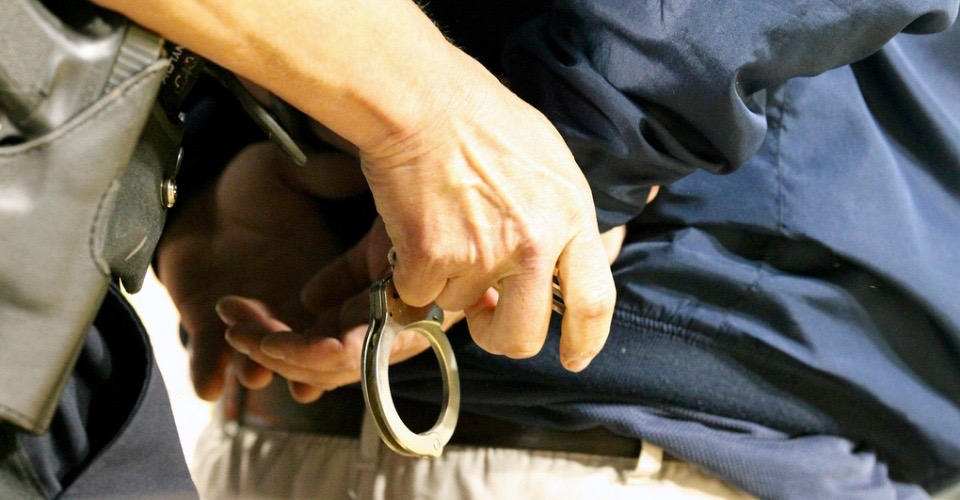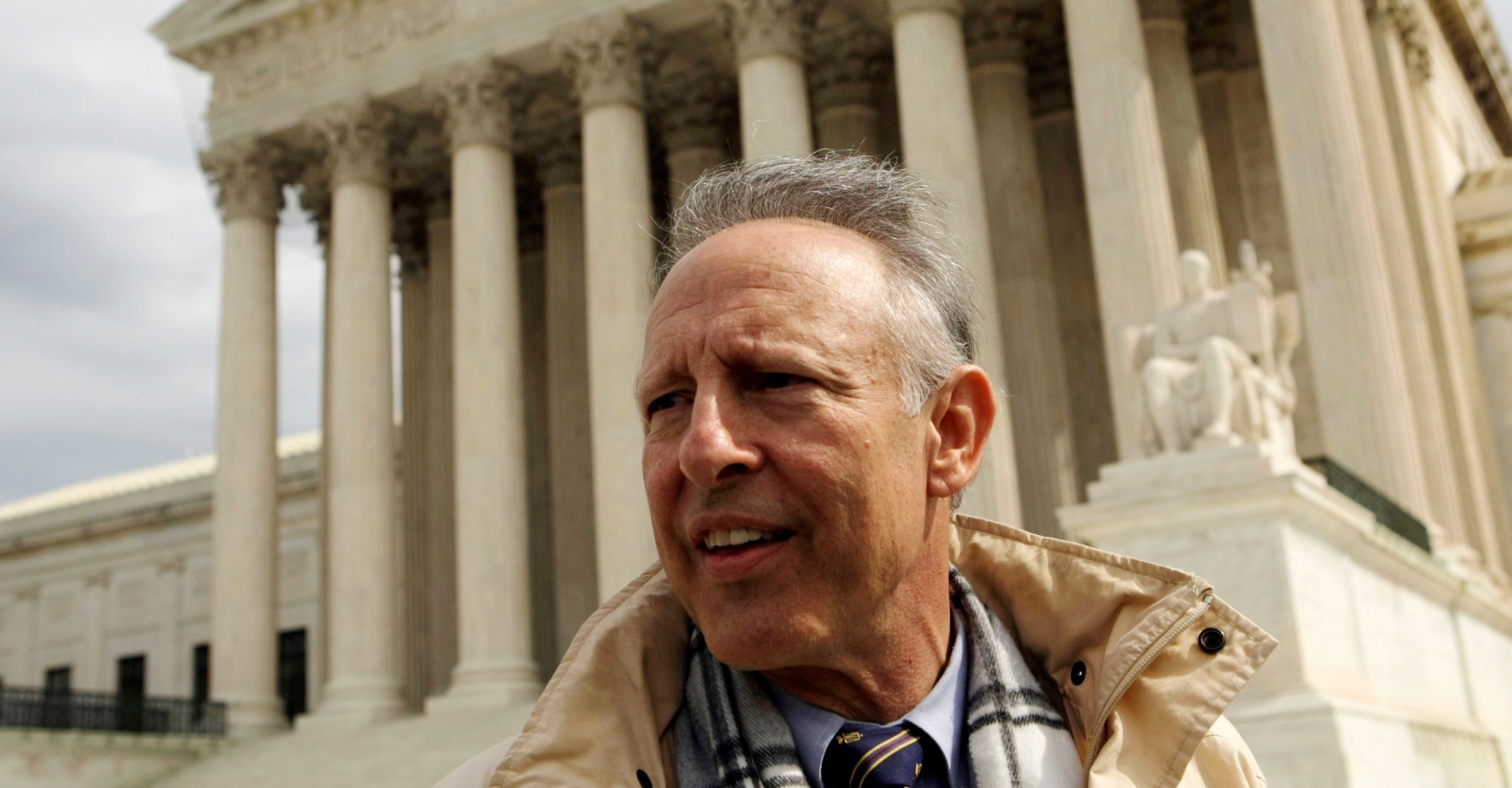One of Virginia’s most prominent Republican politicians is banking that gun owners in the state will pay his law firm hundreds of dollars a year to have an on-call attorney ready to defend them if they are charged with a crime or sued for shooting someone.
Ken Cuccinelli, a former Virginia attorney general, founded United Self Defense Law two years ago, following a failed gubernatorial run in an election in which gun rights played a pivotal role. “When you are forced to fight for your life, we think you should have someone ready to fight for you in court,” the firm says on its website.
There is nothing unusual about a law firm taking Second Amendment cases. But Cuccinelli’s practice is part of a burgeoning group of firms that also offer a controversial service: a form of insurance against the costs gun owners may incur if they use a firearm in what they claim was self defense.
The pitch is to gun owners who fear being saddled with exorbitant legal costs if they shoot someone in a perceived home invasion or assault. Clients pay these law firms retainer fees, which vary depending on the level of protection they are purchasing. In exchange, they are promised services ranging from discounted or free legal services to a replacement firearm, in the event their weapon is seized by police.
The most prominent law firm offering such a service is Texas Law Shield (TLS), which has said in legal filings that it offers education and prepaid legal services to more than 100,000 gun owners in the state, for a fee of about $130 a year. The firm is fighting a class action lawsuit brought by gun owners who accuse attorneys at the law firm of illegally soliciting business. (United Self Defense Law is not related to TLS.) Another business in the emerging cottage industry is Second Call Defense, which boasts that it is the “ONLY after-shooting protection plan” backed by the National Rifle Association’s endorsed insurance program.
On its website, Second Call says it offers protection to NRA members in all 50 states. “You survived the attack … but will you survive the legal aftermath?,” it asks.
“I think it’s genius, whoever thought of this,” said Tamara Lawson, a professor at St. Thomas University School of Law in San Francisco and the principle author of a study released by the American Bar Association’s Stand Your Ground Laws task force. “It plays on fears of the public.”
In an interview, Cuccinelli, who recently removed his name from consideration for a position on Virginia’s Supreme Court, said he was motivated to launch the practice out of “a desire to protect people who are law-abiding citizens just exercising their rights, in an environment that appears more and more threatening to ordinary citizens.”
United Self Defense Law offers gun owners in Virginia and West Virginia three tiers of protection: the Protector, the Defender, and the Guardian. (Those who shell out for the top-shelf Guardian plan also receive a collared shirt with the firm’s logo.) Single-person plans range from $150 to $300 a year, and family plans cost $200 to $325. “Legal defense without retainers can cost thousands, even hundreds of thousands,” the firm’s website says. “How much is your peace of mind worth?”
Cuccinelli said his firm has not brought a case to trial yet, but that one is scheduled for this spring.
Graven Craig, one of United Self Defense Law’s other founding partners, said between 400 and 500 clients are currently paying the yearly retainer fee. The annual dues cover the costs of criminal, civil, and administrative proceedings — but not other costs sometimes incurred while defending a case, such as expert witnesses or private investigators.
The firm declined to say how much revenue it has generated through the retainer agreements.
The ABA’s Lawson worries that for a select few “vigilante” types, this sort of perceived legal protection might encourage some to shoot when deadly force is not required. Lawson said that the existence of such an agreement could even work against a potential defendant, providing an opening for the opposing lawyer to argue that the pre-existing legal defense payments are evidence of premeditation.
Cuccinelli has advocated for gun rights throughout his political career. In January, he testified at a Senate hearing as part of a panel on the Justice Department’s role in implementing Obama’s executive actions, which aim to hire more staffers to conduct federal background checks and better identify and prosecute those who are “engaged in the business” of selling firearms. In his testimony, Cuccinelli attempted to steer the discussion towards the importance of protecting those who use guns in self-defense.
“There’s no questioning the tragic outcomes that happen time and time again in this country,” he said. “But it is also the case that Second Amendment rights are exercised, and guns drawn, to protect people. To defend families. To stop crimes that are in process.” At another point, Cuccinelli expressed confidence in gun owners’ ability to discern when and when not to shoot. In his legal practice, he said, he “never had a client inappropriately use a gun.”
[Photo: Scott Mason/The Winchester Star via AP]


